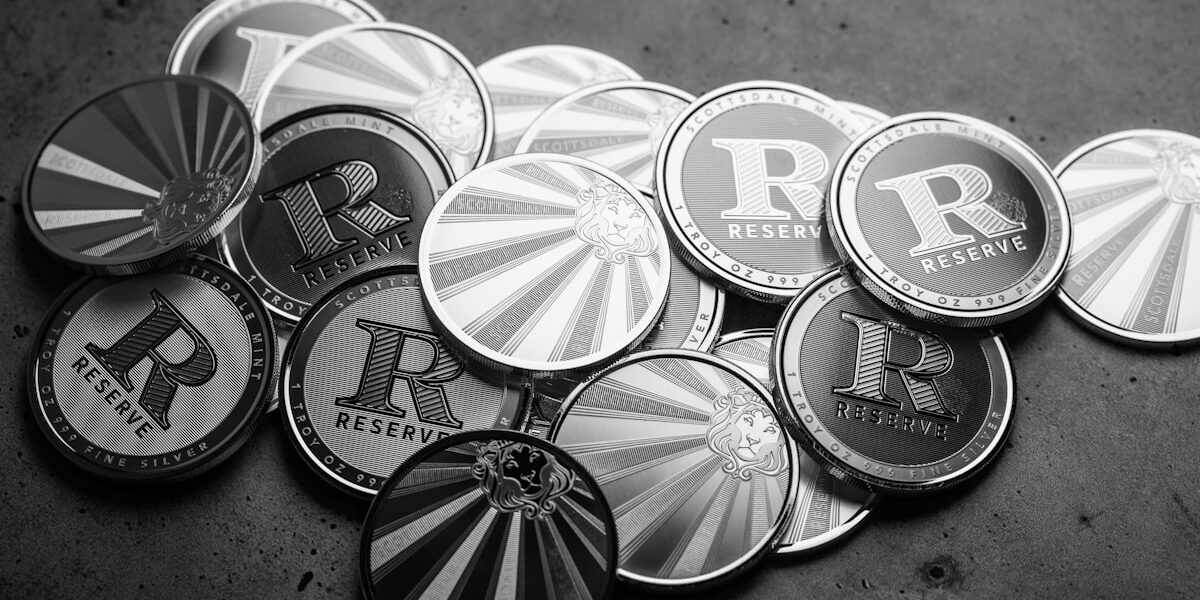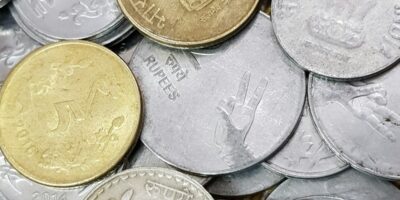The concept of coinage, as a standardized form of money, fundamentally transformed economic transactions in ancient societies by providing a reliable medium of exchange, store of value, and unit of account. But who can be credited with this revolutionary invention? The title ‘Father of Coin’ isn’t officially bestowed on a single individual, but rather attributed to the ancient Lydians of the Kingdom of Lydia, now part of modern-day Turkey, around 7th century BCE.
The innovation of coinage is often associated with King Alyattes of Lydia, who reigned from 619 to 560 BCE. Under his rule, the Lydians started to create coins made from electrum, a natural alloy of gold and silver, which was abundant in the local river Pactolus. These early coins were stamped with official marks to certify their authenticity and value, a practice that laid the groundwork for modern coinage. The introduction of these standardized coins not only facilitated trade by eliminating the cumbersome barter system but also enabled the Lydians to establish a robust economy, enhancing their influence in the ancient world.
The spread of coinage from Lydia to other civilizations was rapid. The Greeks, impressed by the practicality of the Lydian coins, adopted the technology, refining it with their own cultural symbols and higher purity metals. This spread continued across the Mediterranean and Persian regions, revolutionizing economic interactions wherever it went.
King Alyattes’ son, Croesus, continued and expanded his father’s legacy by introducing coins of pure gold and silver, which further enhanced the credibility and usefulness of coinage as a currency. Croesus’ wealth became so legendary that the phrase ‘rich as Croesus’ entered the lexicon as a metaphor for immense wealth, underlining the significant impact of his innovations in coinage.
While it is the Lydians and their kings who are credited with the genesis of coinage, the development and refinement of coins was a collaborative evolution that involved many cultures and innovations over centuries. The Persians, for instance, added their own innovations to the coinage system, which included the introduction of new weights and measures.
In conclusion, while the title ‘Father of Coin’ might evoke the image of a single visionary, the invention of coinage was a more complex narrative involving multiple leaders and civilizations, each contributing to the development of coinage. However, if one were to select the most influential figures in the early history of coinage, King Alyattes and his son Croesus of Lydia would be the foremost pioneers, laying the foundational principles of modern monetary systems. Their contributions have left an indelible mark on the economic frameworks of civilizations, underscoring their pivotal roles in the history of commerce and currency.




Leave a Reply